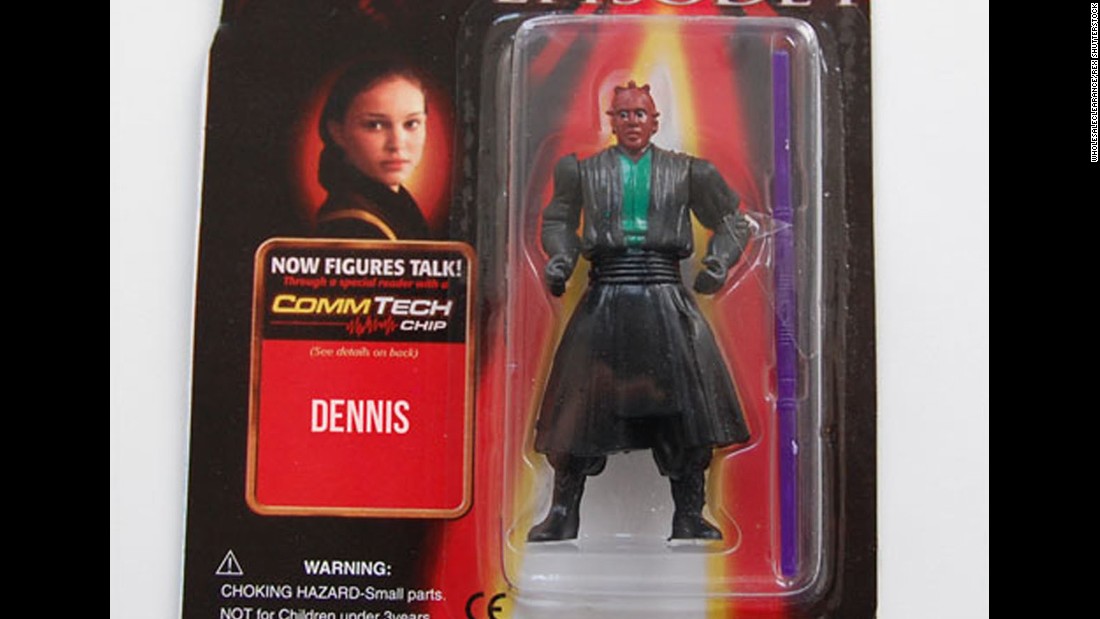While watching
Star Wars: A New Hope Uncut, I started to think about "originals" and why there's typically a stigma that comes along with sequels, remixes, or revisions. Why is that, exactly? Who's to say that content that is derived from something else is "bad"? While I do have to say that I believe
Uncut to be worse than the original (sorry Dr. MB), I think there are some really creative and interesting takes on the original scenes. That doesn't mean that the film was "bad" per se, but it was just
different. Honestly, I believe that's what people struggle with the most.
With films and franchises like
Star Wars that have such a strong fan base, there are certainly people out there that want their movies to remain intact. They feel uncomfortable with anything that is different than what they know and love, so they automatically shut their minds to the idea that what is produced could potentially be interesting, and maybe even
better. People really don't like change; it makes them uncomfortable and upset. Perhaps that's why we struggle with sequels and remixes so much - we liked the original the way it was, and nothing could be better. Maybe we're just afraid that the new content could potentially make us think about the original in a different way, which would be even more devastating to us.
There are, however, remixes and sequels that are MUCH better than the originals -
Jaws the movie was way better than
Jaws the novel.
The Dark Knight was way better than
Batman Begins. The Scarlet Letter (the movie) was definitely NOT better than the book. We still love Demi Moore, though.
But given all of the above, my question still stands: is the original really
always better, or are we just uncomfortable with things that are different?
 |
| Heath Ledger's Joker from giphy.com |






/cdn.vox-cdn.com/assets/888714/Screen_Shot_2012-01-21_at_8.26.36_AM.png)








